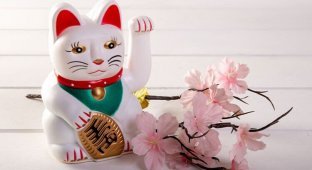Where did the tradition of tipping come from (8 photos)
Today, almost every country has a tradition of leaving a tip. For many years, people, without any coercion, have been leaving an extra payment for a service rendered. In a number of establishments and countries, tips are even included in the bill by default. But where did this come from? 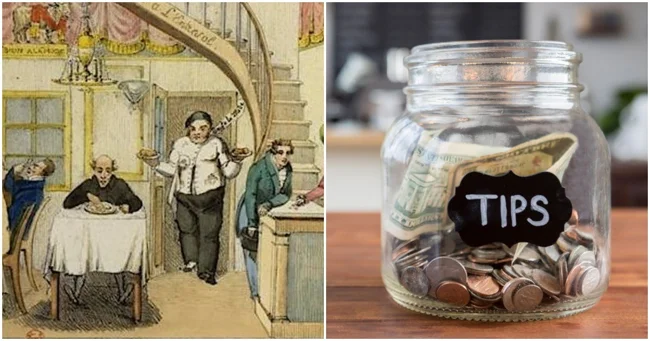
In fact, there are no reliable facts about the origin of tips. Historians are still arguing about this, and one of the versions is that the tradition came from the main fans of tea - the British.
Version one
In one of the German chronicles of the 14th century, you can find a mention of a small surcharge for this or that service. In those years, wells were almost the only source of water in the city. Anyone could take water from there, but not everyone could carry at least two full buckets. Necessity is the mother of invention, and every day at each well there was a strong young man ready to carry water home for a couple of coins.
This service was called trinkgeld. If translated literally, you get "drinking money", which is already quite similar to a tip. 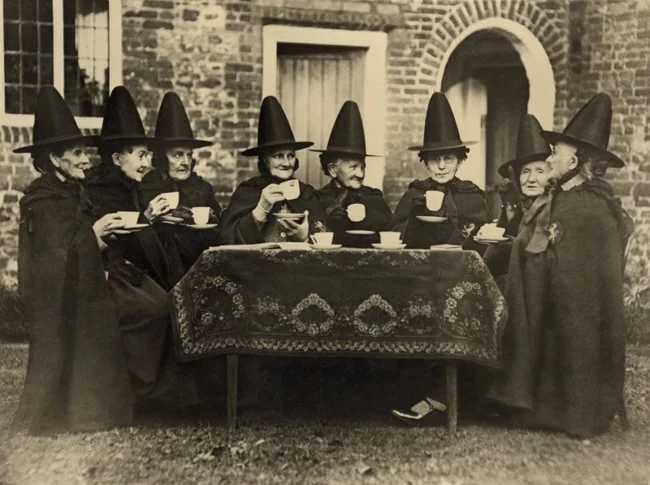
Version two
English. In the late 1680s, publisher Edward Lloyd opened his own coffee house, where he actually lived and worked. For some reason, the establishment was loved by sea wolves and captains, boatswains and others of lower rank often gathered there. And not just to chat over a cup of tea, but also to resolve some business - registration of insurance for cargo and ships.
At some point, Lloyd came up with a system of voluntary incentives for waiters, placing small containers in the hall so that anyone could throw money in. He called these boxes "agility insurance", so that the hall workers would move faster and communicate more politely.
Does it look like tips? Very much so. 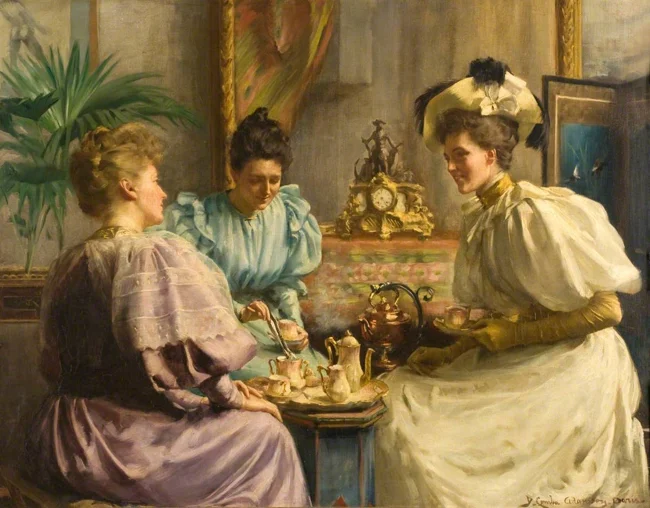
Version three
And also from England. Since tea was an expensive pleasure for a long time, only the nobility could drink it. They liked to relax after dinner not just like that, but in such tea gardens. And not just sit and admire nature. The tea ceremony had a clear schedule, and the youth could not only chat, but also dance.
On all the tables there were small boxes with the inscription "to ensure quick service" and it was believed that a cup of tea would appear on the table faster if you threw a couple of coins in there. 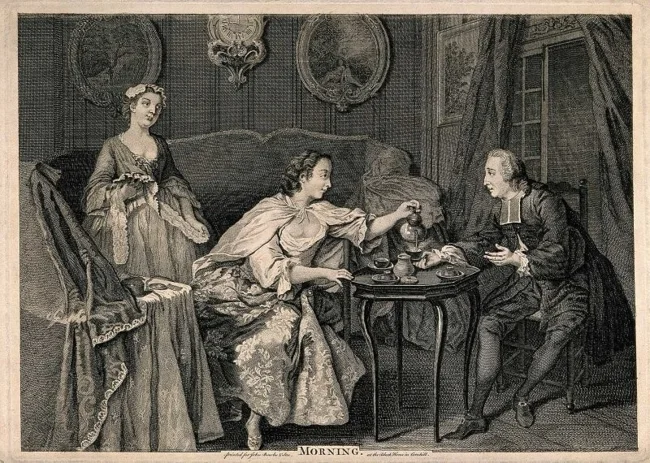
Version four
Historians call it pastoral. Again England, and the century is already 16. Here we are talking about the famous five o’clock - a tradition that originated in leisurely Great Britain. Tea drinking lasted for more than one hour and guests could often stay overnight with the hosts of the house. And it was believed that in such a case they should reward the servants with a small sum of money, which would go towards tea and cookies for the servants. 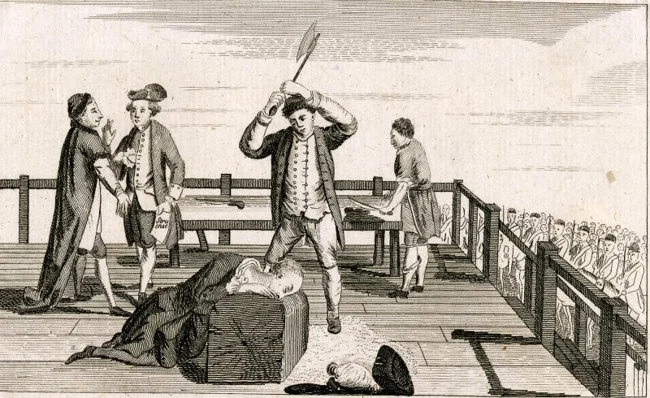
There are also less common versions, but no less remarkable. A number of sources say that some kind of tip can be attributed to the end of the 15th century and tea had nothing to do with it. Tips were given to executioners. Wealthy Europeans, when they realized that they had no other choice but the chopping block, gave their last (or even asked their relatives to raise the necessary amount) in order to die quickly and painlessly. "Throat" money helped to die in one, maximum, two blows of the axe. After all, this is only in the movies - bang! And that's it, the head is rolling. In fact, this was a rarity. 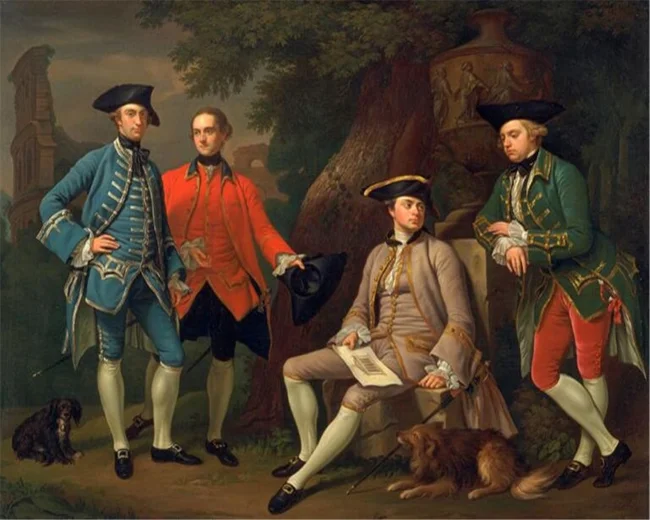
Well, where would we be without mysticism, right? It's as if the tradition came from some secret language of England in the late 16th - early 17th centuries. The expression to tip is quite common today, and back then it meant "to give someone a share in a not entirely correct matter." Moreover, the word was not in common use, but was used in closed circles, into which not everyone was allowed.
After some time, at the beginning of the 18th century, the phrase returned to English literature and was already quite innocent "to share", "to give something small".















